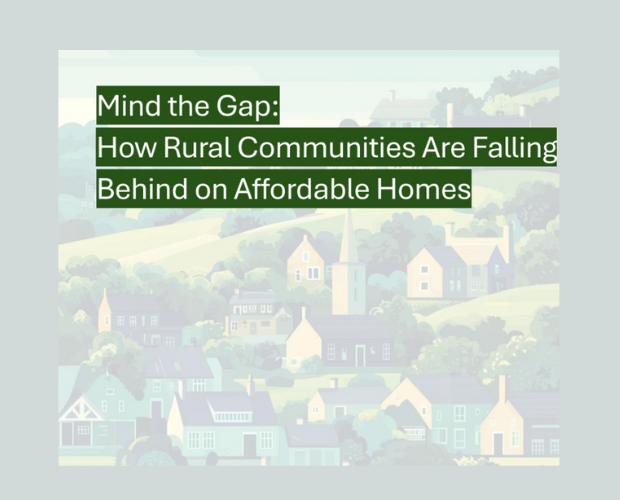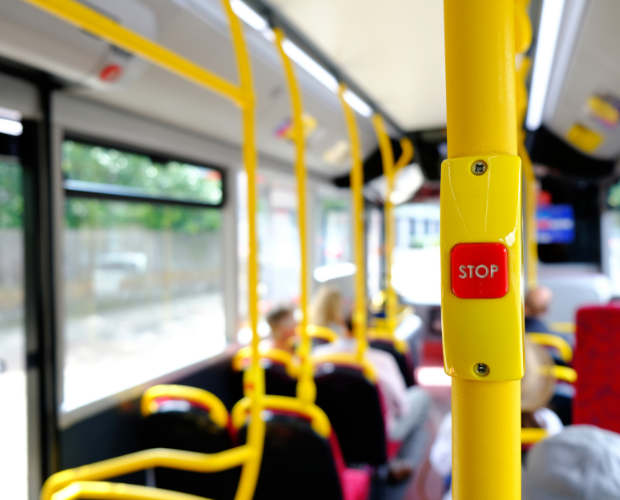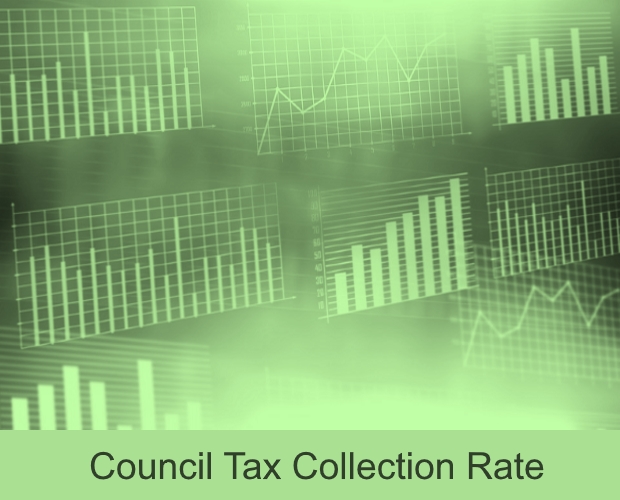T: 01822 851370 E: [email protected]
RSN Voices Serious Concerns Over ‘Fairness’ Of Settlement
Read here...
Kerry Booth, Chief Executive of the Rural Services Network, was recently invited to contribute a blog reflecting on the funding challenges faced by rural councils. We are pleased to share her article below. Public services are the backbone of...
The Rural Services Network is encouraging rural residents to take part in important new research from Rural England CIC – and to help share it across their communities before the end of August. Rural England CIC, an independent, not-for-profit research...
- To download the Agenda for this seminar click here POST EVENT: PRESENTATIONS Kerry Booth, Chief Executive, Rural Services Network, “Rural Services Network Campaigning and rural policy” View a video of this presentation below:...
Affordable Housing Need 50% Greater in Rural Areas, Report Reveals England’s rural communities are experiencing an affordable housing crisis of unprecedented scale, with the need for affordable homes is more than 50% higher than in urban areas, according to a...
A recent report from the National Audit Office (NAO) highlights significant weaknesses in the Ministry of Housing, Communities & Local Government’s (MHCLG) developer contributions system in England — a key mechanism for funding local infrastructure such as schools, roads, public...
Campaign for Better Transport is calling for an additional £1 billion a year for buses as its analysis reveals four out of every ten wards in England and Wales (3,003 out of 7,608) do not have a ‘reasonable’ level of...
- To download the Agenda for this seminar click here POST EVENT: PRESENTATIONS Kerry Booth, RSN - Campaigns Update James Hardy, Penzance Town Council - Case...
The Benefits Processing analysis within the Performance Benchmarking section on the RSN website has now been updated to Quarter 4 2023/24. The speed of processing is a measure of the average time it takes to process a new Housing Benefit...
These analyses present National Statistics on the collection rates of council tax and non-domestic rates by local authorities. The in-year collection rate is the amount of council tax (or non-domestic rates) due for the financial year that was received by...
Development Management – Planning Analysis This development management analysis includes consideration of turnaround times for processing planning applications. These traditional performance measures, long collected by the Government to measure success in the planning system, are lagging indicators; they measure what...
NEWSLETTER
Sign up to receive all our latest news and updates.
HOT TOPICS
Amid reduced public spending, fair resource allocation across regions is crucial. Despite a population larger than Greater London, rural areas receive significantly less funding for essential services, even though delivering these services in rural areas is more expensive.
Economic growth is widely acknowledged as essential for national wealth and prosperity and is a priority for political parties. Rural economies, employing millions and home to a higher proportion of small businesses, have potential for growth if barriers are removed.
Rural residents face distinct healthcare challenges, including limited access to transport, longer distances to medical facilities, an aging demographic, housing inadequacies, digital connectivity gaps, and difficulties recruiting health and care workers.
Rural communities are grappling with a severe affordable housing crisis, marked by high house prices, a lack of affordable housing, elevated living costs, and lower incomes, threatening their sustainability and vitality.
Transport is vital for the quality of life and economic health of rural areas, yet it faces challenges such as infrequent public bus services and less Government funding compared to urban regions.
Rural areas, encompassing a substantial portion of England's population and land, play a pivotal role in combating climate change and achieving the net zero target.
In an increasingly digital world, the lack of robust digital infrastructure in rural areas severely limits access to crucial services and stifles economic growth.
A future-focused vision for rural communities involves not just building the right homes in the right places but also ensuring thriving, sustainable communities.
SIGN UP TO OUR NEWSLETTER
Sign up to our newsletter to receive all the latest news and updates.













